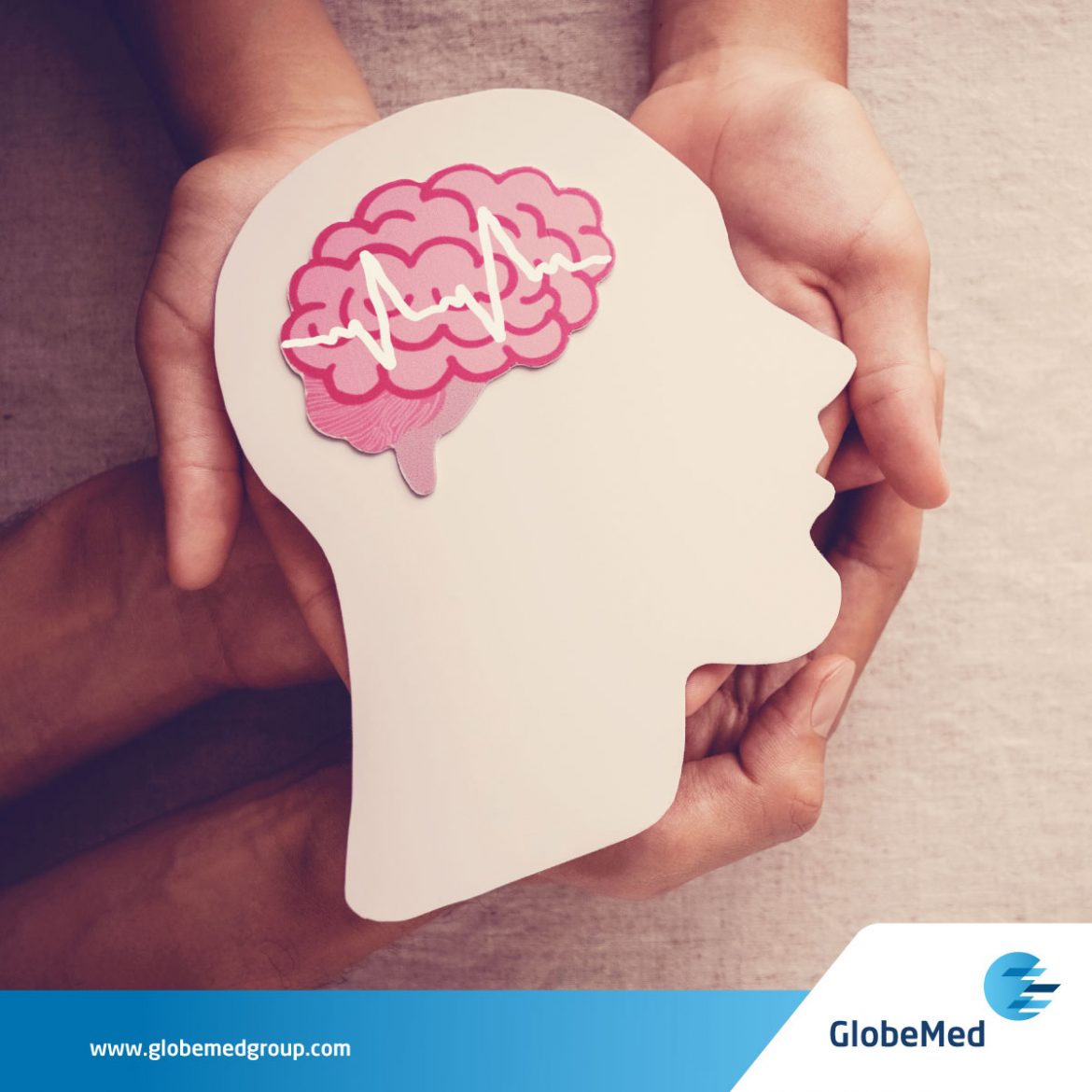Epilepsy is a common condition marked by frequent seizures. Seizures are changes in the brain’s electrical activity that cause temporary abnormalities in movements, behaviors or states of awareness. Symptoms of a seizure can last from a few seconds to several minutes per episode and may include:
- Change in vision
- Anxiousness
- Dizziness
- Uncontrollable muscle spasms
- Losing consciousness, followed by confusion
- Sudden rapid eye movements
- Losing control of bladder or bowel function
Below are some tips to help someone having a seizure:
- Clear the area around a person who is having a seizure to prevent possible injury
- Place them on their side so that saliva or vomit leaks out of their mouth
- Provide cushioning for their head
- If the person having the seizure is standing, hold them in a hug or gently guiding them to the floor
Call the emergency services immediately if:
- The seizure lasts longer than 5 minutes
- The person does not wake up after the seizure
- The person is experiencing repeated seizures
- The seizure occurs in someone who is pregnant
Once a seizure is over, you should:
- Check the person for injuries
- Clear their mouth of vomit or saliva
- Stay with them until they’re fully awake and alert
- Do not offer them anything to eat or drink until they’re fully conscious
It is important to consult with a doctor to determine the best treatment options that suit your individual needs.
References:
https://www.hopkinsmedicine.org/health/conditions-and-diseases/epilepsy/types-of-seizures
https://www.healthline.com/health/seizures

